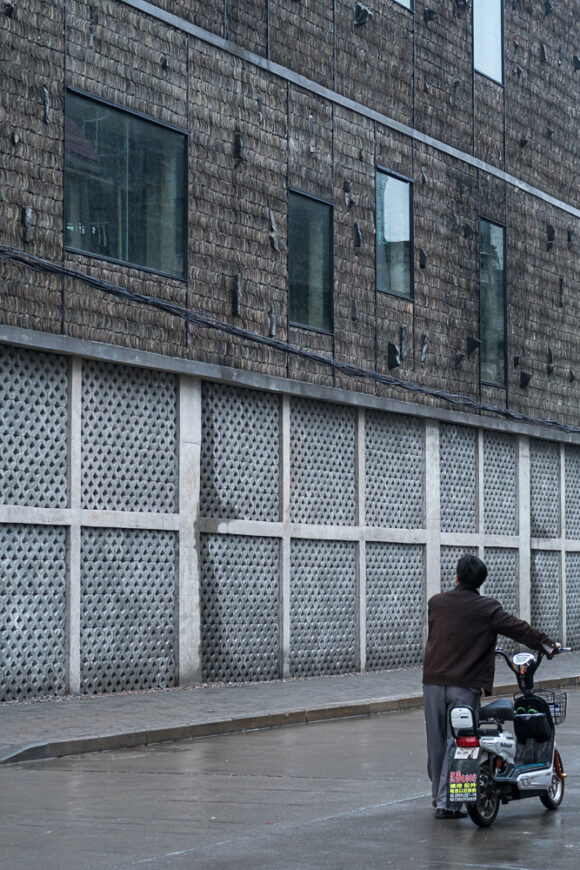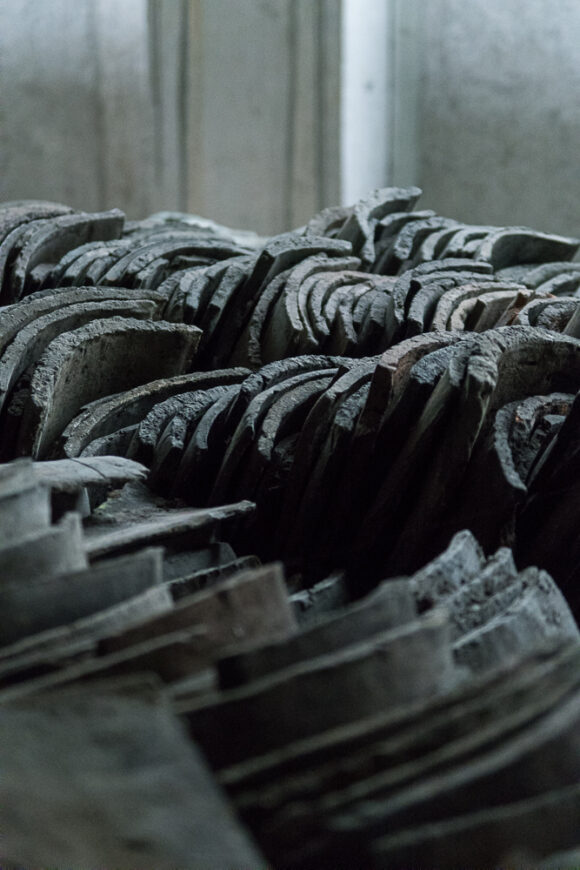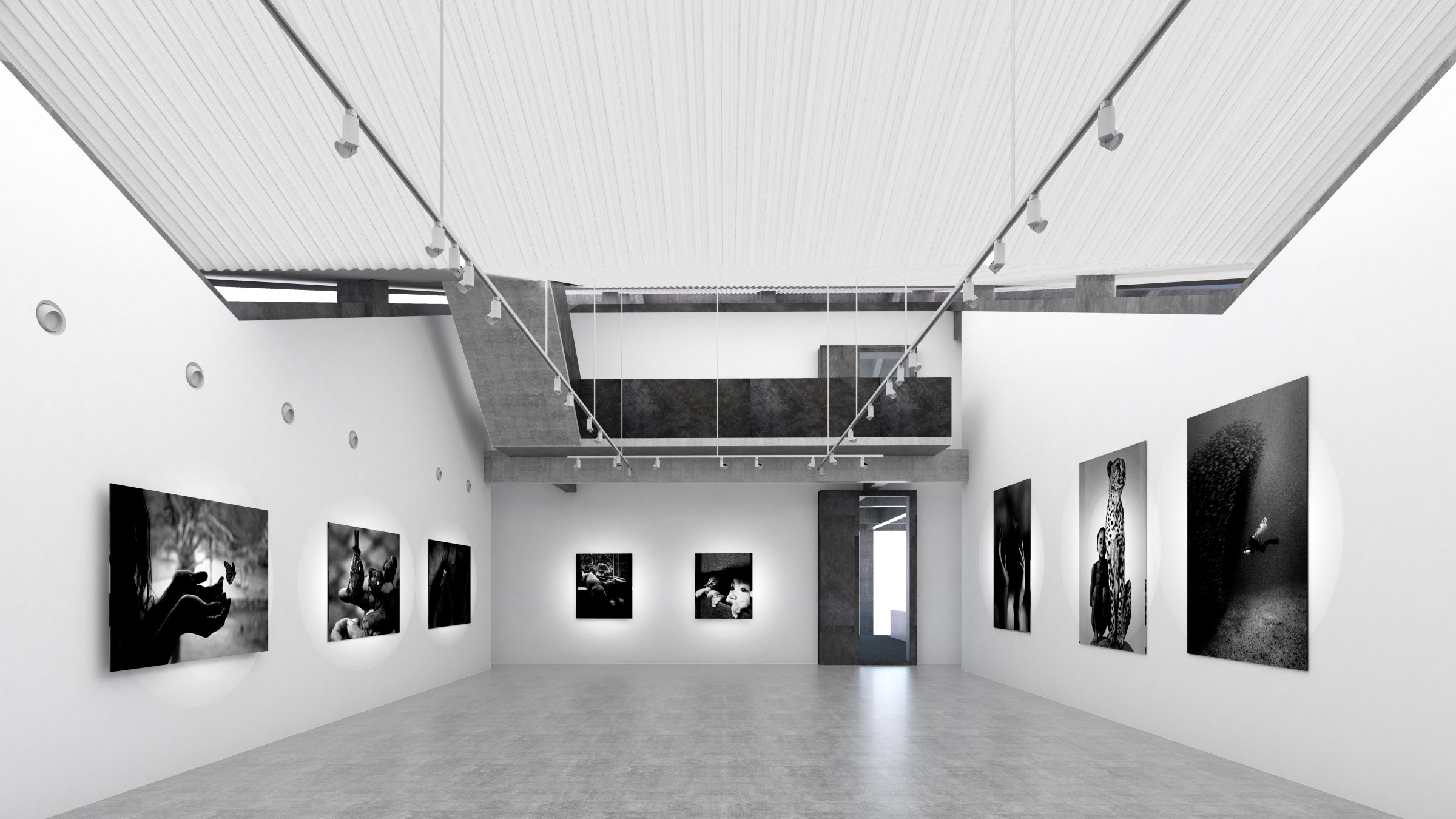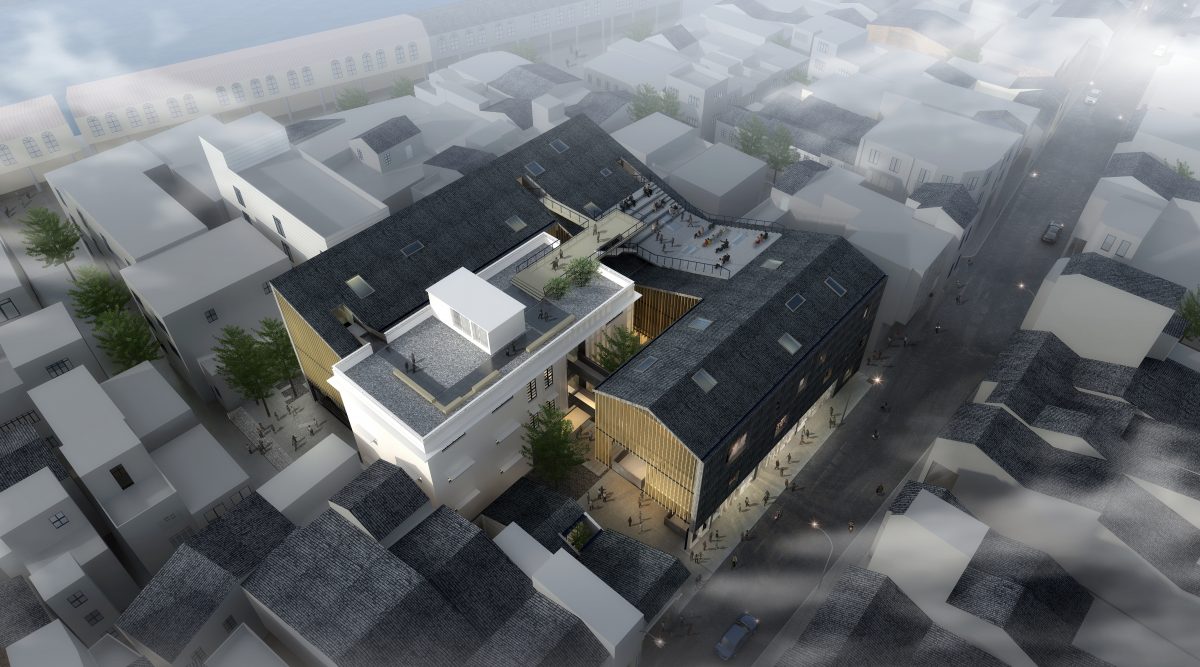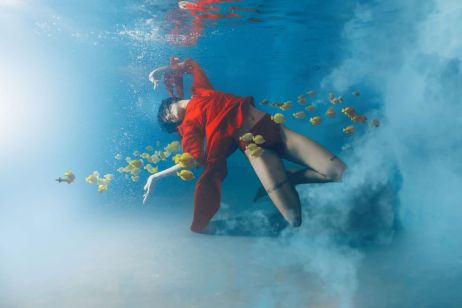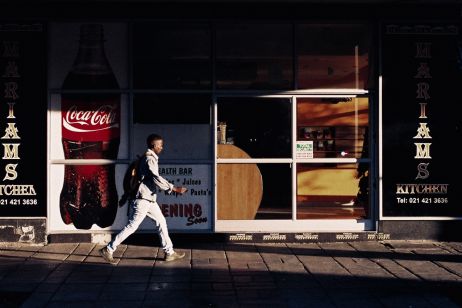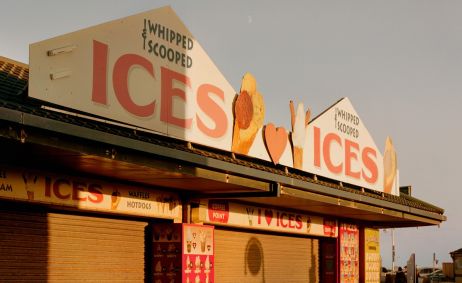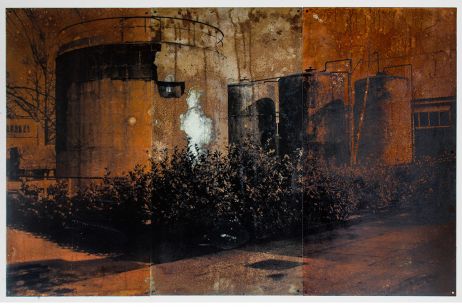The Lianzhou Museum of Photography will open to the public on the 2nd of December 2017, Duan Yuting and François Cheval, co-directors of the project, announced on the 7th of July. In Arles, in the framework of the Rencontres de la Photographie, they presented their ambitious creation.
The Lianzhou Museum of Photography will be the first public museum dedicated to modern photography in China. “There are many private collections in China”, says Cheval, “but this will be the first one sponsored by local authorities”. Located in the small city of Lianzhou, the museum will be a continuation of the Lianzhou Photo Festival, one of the world’s most renowned art photography showcases. Every year, the 13 year old Festival seeks to explore how photography is dealing with the new challenges of society. The new edition, curated by Sandra Maunac, will be inaugurated on the same day as the Museum, and will explore the popularization of photography through the metaphor of the Selfie Stick. The Museum will keep the same focus as the Festival, turning the temporary exhibitions into permanent collections. “We want to seize the universality of the photographic medium” says Yuting, “having a panoramic view on cutting-edge photographers while holding on the images that marked the history of photography”. The opening exhibitions will display the works of Zhuang Hui, Albert Watson, Zhang Hai’er, and a fourth mysterious photographer that the organizers refused to unveil.
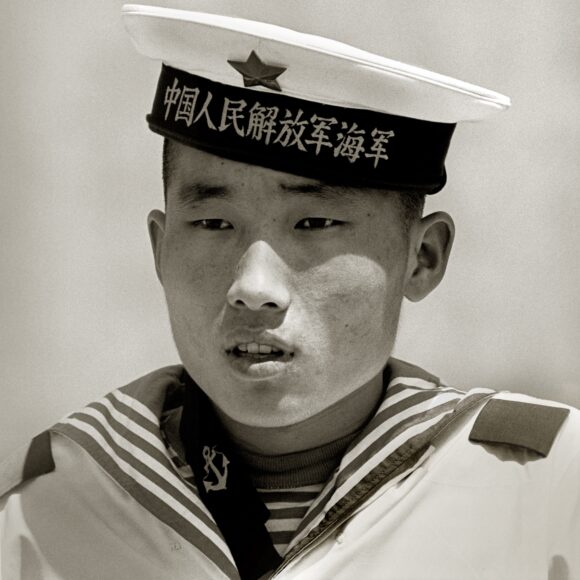

A museum and a public space to exchange
Not only will the Lianzhou Museum represent an extensive archive of modern photography, but it is also aimed at being an open space for urban cultural interaction. Although international, both the Festival and the Museum are deeply embedded in the Chinese heartland. The architecture of the new building reflects this dialogue between East and West, combining locally-sourced Chinese materials and Western designs. With a surface of 4000 square meters, the building will respect the norms of modern museology, being completely integrated inside the city. Why such a massive project in a small city of the Canton region? “Lianzhou is a cultural and historical reference in China” says Yuting, “and we want to challenge the models of big museums in big cities, proposing our own original logic.” Their off-centered position also increases their artistic independence from public authorities, something that in the People’s Republic of China should not be taken for granted. “The dialogue with the authorities has always been positive” says Cheval, “but when we need to fight we do it,” adds Yuting, “and this atmosphere of challenge is what makes the Festival’s vibe so special”.
